An Indian Muslim Family’s Resistance Amid Hindu Extremist Violence in Nanda Nagar
- Update Date: Tuesday, April 15, 2025
- 79 Showing
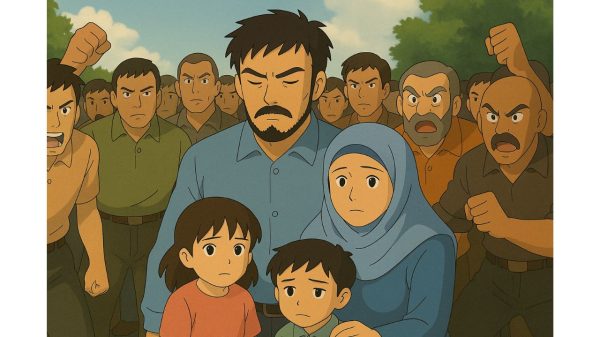

In the small Himalayan town of Nanda Nagar, Ahamad Hasan opens his dry-cleaning shop each morning as he always has—but now, he stands alone. Once home to 15 Muslim families, the town has been hollowed out by communal violence and hatred. Hasan is the only Muslim left.
Last September, a wave of Hindu extremist-fueled violence erupted after a Hindu schoolgirl accused a Muslim barber of harassment. Though the accusation was unverified, it triggered a well-orchestrated campaign of hate and violence. Shops were destroyed, Muslim homes were attacked, and hundreds were forced to flee under the cover of darkness.
Yet Hasan returned, choosing resilience over exile.
“I’ve lived here my entire life. I can’t just vanish,” he says, now largely shunned by his Hindu neighbors, who once shared tea and jokes with him. He avoids river walks, and his children live in fear. His family has become ghosts in their hometown.
The violence was no spontaneous outburst. It followed years of rising anti-Muslim sentiment fed by far-right Hindu groups and conspiracy theories like “Corona Jihad” during the pandemic, which falsely accused Muslims of spreading COVID-19 intentionally.
The situation exploded on September 1, 2024. As a town protest over the harassment allegation turned into an anti-Muslim mob, slogans like “Beat the Muslim sympathizers with shoes” rang out. A young Muslim man, Harun Ansari, was brutally beaten. Muslim homes were then attacked. Hasan’s dry-cleaning shop was looted and wrecked. His savings were stolen. His friends didn’t answer his calls.
The next day, the violence escalated, with far-right leader Darshan Bharti visiting Nanda Nagar to inflame tensions. Mobs vandalized homes and a makeshift mosque and even tossed a car into the river. The police stood aside, underprepared and passive. No protection came, no arrests were made.
This was not law enforcement—it was abandonment.
Only after a High Court order did police reluctantly offer some assurance of protection. Yet no Muslim family was willing to return—except Hasan’s. His wife led the way, determined not to surrender their home and business to fear or intimidation. But the return was anything but peaceful.
A complete boycott was in effect. No Hindu laborers would repair his shop. A rival Hindu dry-cleaning business opened across from his own, and Hindutva thugs threatened any customers who tried to come to him.
“They said even dry-cleaning now has a religion,” Hasan says bitterly.
His family, too, suffered. His daughter faced bullying in school just for being Muslim—until they had to intervene with the principal. Their emotional toll is immense. Their economic life was sabotaged. Their existence in Nanda Nagar was silenced.
This is the face of India’s rising religious apartheid—a slow, systematic, and brutal campaign by Hindu extremists to erase Muslims from towns and lives they’ve shared for generations.
The state of Uttarakhand, under the BJP Chief Minister Pushkar Singh Dhami, has become a testing ground for this agenda. Violence against Muslims has surged. Economic boycotts are rampant. The introduction of the Uniform Civil Code strips Muslims of religious legal rights. While offering occasional relief, the courts have failed to stem the tide.
As activist Khursheed Ahmed says, “The oppression is on all fronts—physical, emotional, financial. And our courts still don’t fully grasp its scale.”
Still, in the rubble of injustice, a flicker of dignity remains. In February 2025, one of the very men who had once supported the hate returned to Hasan’s shop, asking for a quick dry-clean.
When Hasan’s wife reminded him of his betrayal, he only shrugged: “Forget what happened. Your work is good.”
Hasan smiles sadly at the memory—not because trust has been restored but because his stand mattered.
“I didn’t go,” he says. “And that means something.”
But while the physical violence has subsided, the deeper wound remains—a community erased, friendships destroyed, and a man left invisible in the town he calls home.
Let this be clear: the actions of Hindu extremists and their silent enablers in Nanda Nagar are nothing short of a disgrace. The targeted intimidation, destruction of livelihoods, and ethnic cleansing-lite tactics reveal a dangerous rot that must be confronted—not just by courts but by society at large.
Silence, too, is violence.
Hasan’s bravery is a testament to human resilience. But no one should be forced to live like a ghost just to exist.
Source: Al Jazeera




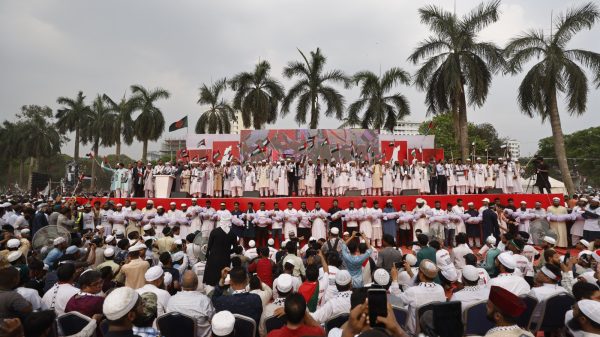

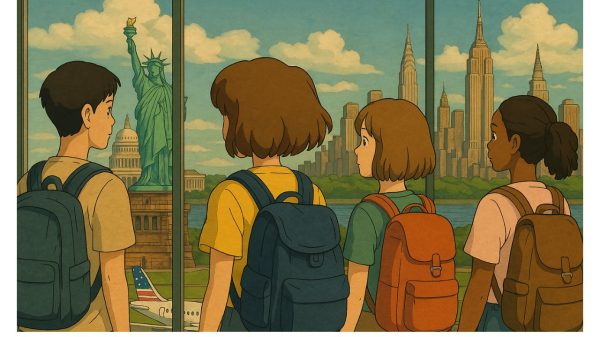
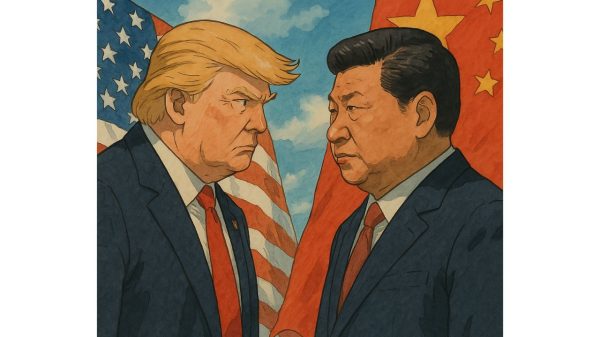
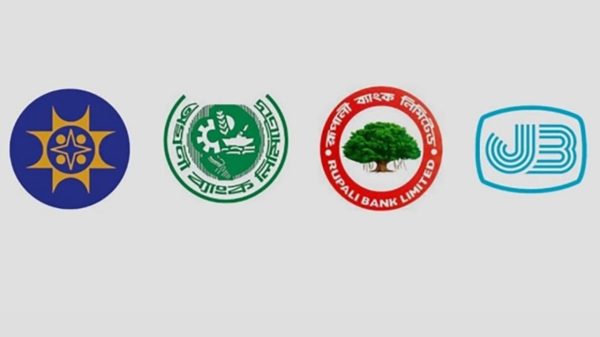
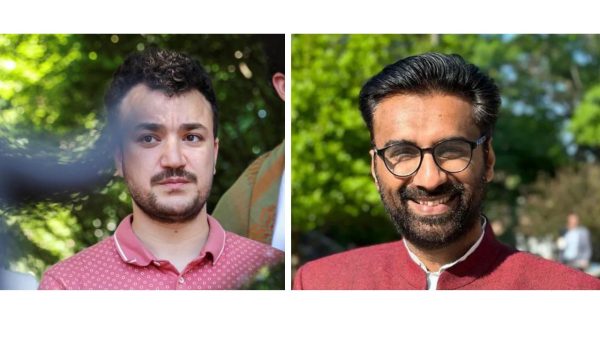
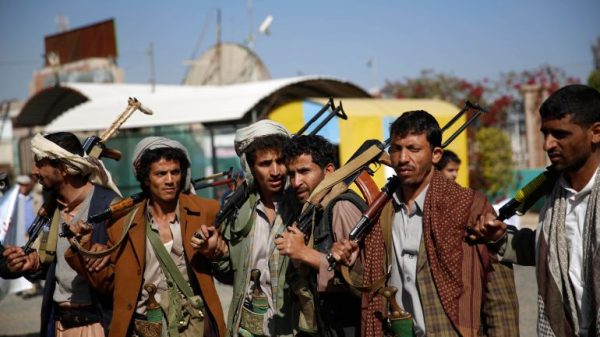
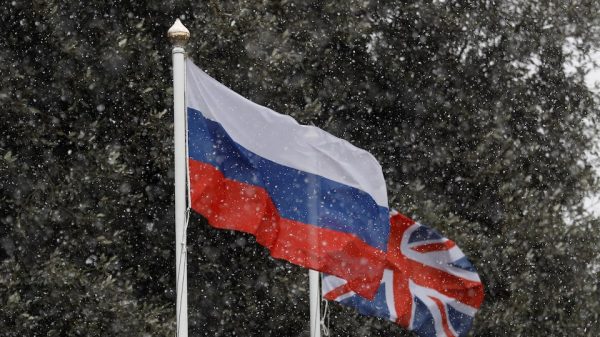


Leave a Reply